1962 saw the publication of Ghassan Kanafani’s Men in the Sun, a striking novella that depicts the fates of three Palestinian refugees as they seek to make their way out of an Iraqi camp, hoping to find work in Kuwait. From a committed revolutionary and visionary documentarian of liberatory futures, Men in the Sun was one of Kanafani’s most powerful and symbolic tales—a narrative that at once elucidated the precarious liminal position of the exiled, and criticized passivity and silence in the face of injustice. Ten years later, the story would be adapted and released as The Dupes by Egyptian director Tewfik Saleh, who repudiated Arab cinema at the time as being woefully ignorant, stating: “No one ever proposed a serious political analysis of [the Palestinians’] situation as victims of an imperialist machine.”
That same year, in 1972, Kanafani was assassinated by a car bomb placed by the Israeli Mossad; his seventeen-year-old niece died along with him. He would be remembered as a comrade who had never lost faith in the Palestinian cause, continuing to insist that the future, with all its hardships and destructions, was still a site of hope: “I knew, however, that a distant homeland was being born again: hills, olive groves, dead people, torn banners and folded ones, all cutting their way into a future of flesh and blood and being born in the heart of another child. . .” In this vein, him and Saleh were united in the necessity of persistence, with the latter explicating: “. . . I think, even if this isn’t everyone’s opinion, that a film like The Dupes is extremely mobilizing. Under what conditions can we say a film is mobilizing? When it inspires the overthrow of a situation.”
In this edition of Asymptote at the Movies, we take a look at Men in the Sun and The Dupes, the way these two master storytellers intersect, diverge, and speak together of human dignity—how it has been undermined by the world. When Men in the Sun was published, there were 1.1 million refugees registered with UNRWA; today, there are approximately six million. The persistence to live continues, and the resistance along with it.
Christina Chatzitheodorou (CC): In these two narratives, Tewfik Saleh and Ghassan Kanafani grasp the meaning behind the Nakba as an ongoing event and a transgenerational trauma, focusing on three generations of Palestinians who, after being expelled from their homeland after 1948, find themselves living in temporary shelters. Yet the fact that Kanafani uses three generations of Palestinians to tell the story symbolizes how the temporary experience of exile has been transformed into something permanent, with dispossession being at the heart of the Palestinian experience. The protagonists each have their own flashbacks—living off their memories—and though they are products of different Palestinian experiences, their commonalities are found in betrayal and despair, the material implications related to the loss of the homeland.
Mia Ruf (MR): I was also struck by the frequent use of flashbacks, both in the novel and the film. Each character enters the story with his respective memory burden. I thought that the montage interweaving Abu Quais’s experiences with shots from the broader “historical record” (diplomatic summits, etc.) was particularly impactful—it really gave us a sense of the scope of Abu Quais’ life, in both general and personal terms. Over the course of the narrative, though, as Abu Quais, Abbas, Marwan, and their smuggler Abu Khaizuran make their way toward Kuwait, all these individual memories converge, in a way. There’s a line in the text: “their thoughts seemed to run from one head to the other”—it’s almost like the men have come to share a collective consciousness, the heat melting their minds into one. In Saleh’s film, this is evoked through shots of swirling dust on the barely-perceivable road toward Kuwait—objects in the physical world become less and less individuated.

Although the men share in one another’s misery, they die in utter isolation, in darkness, baking to death inside a sweltering water tank. Though it’s not included in the book, the film has the men banging on the insides of the tank for help in their final moments, unheard by Abu Khaizuran, who has been held up at the customs desk. This is a broader theme in the film and text: the exiles’ repeated pleas for help, the world’s failure to respond, and the crushing sense of isolation and betrayal that results.
READ MORE…



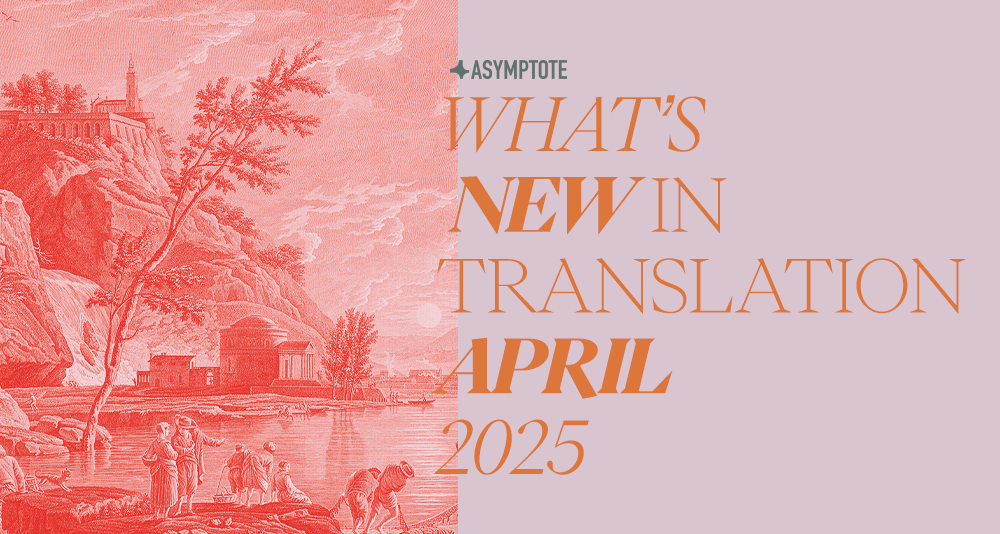
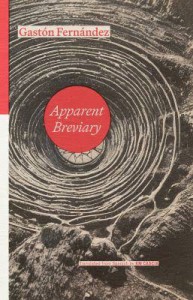





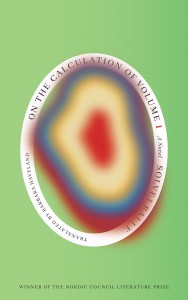
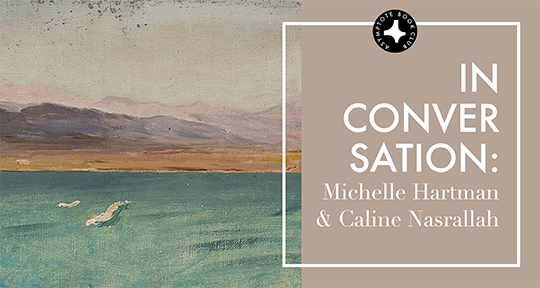
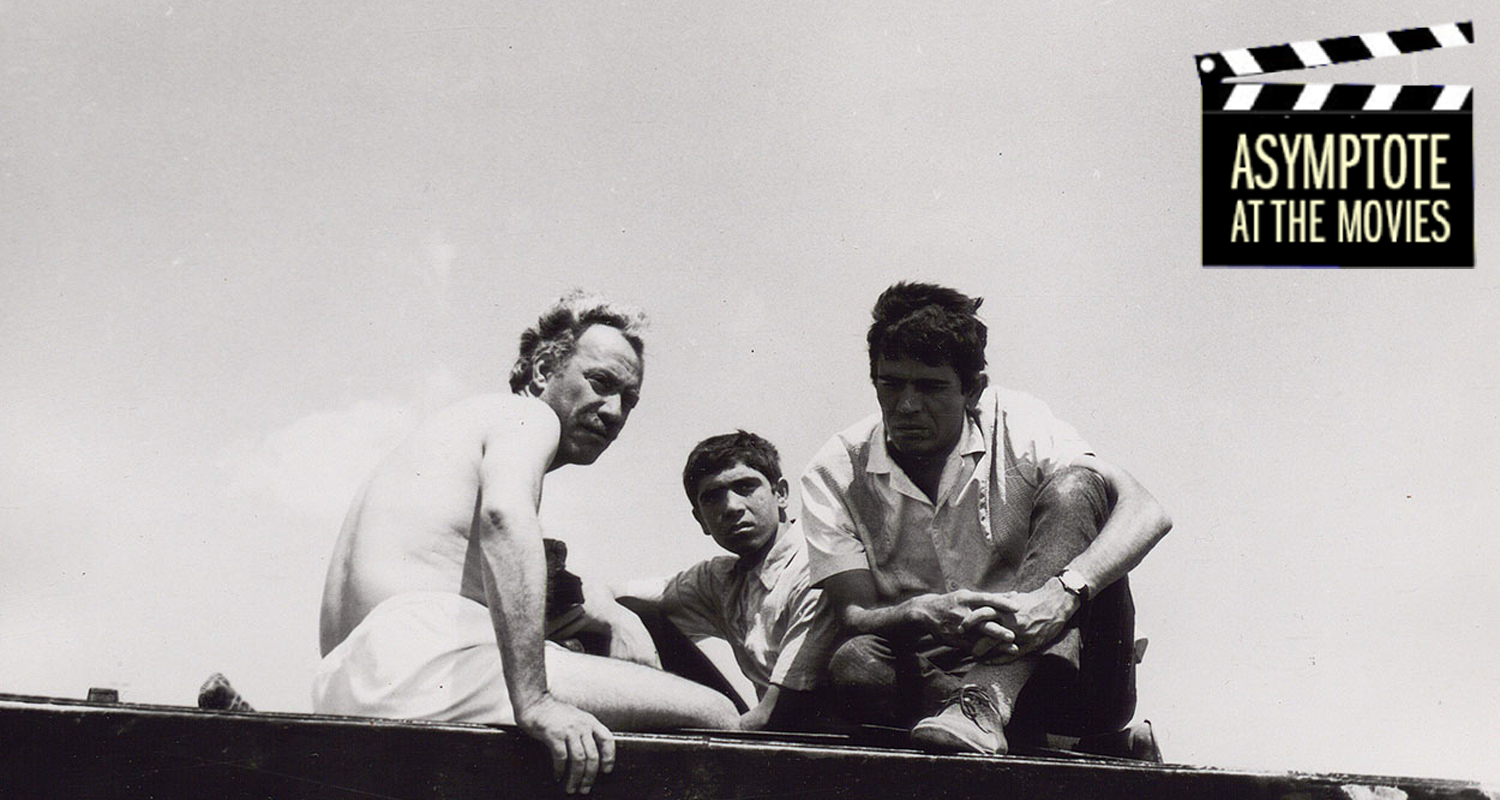

Announcing Our September Book Club Selection: A Long Walk From Gaza by Asmaa Alatawna
Alatawan’s novel is both personal and political; at its heart, it’s a story about freedom.
In Asmaa Alatawna’s mesmerizing and clear-sighted debut novel, A Long Walk from Gaza, the long journey of migration is revealed as a dense mosaic of innumerable moments—a gathering of the many steps one takes in growing up, in fighting back, and in learning the truths about one’s own life. From the Israeli occupation to the daily violences of womanhood, Alatawna’s story links our contemporary conflicts to the perpetual challenges of human society, tracking a mind as it steels itself against judgment and oppression, walking itself towards selfhood’s independent definitions. We are proud to present this title as our Book Club selection for the month of September; as Palestine remains under assault, A Long Walk from Gaza stands as a powerful narrative that resists the dehumanizing rhetoric of war.
The Asymptote Book Club aspires to bring the best in translated fiction every month to readers around the world. You can sign up to receive next month’s selection on our website for as little as USD20 per book; once you’re a member, join our Facebook group for exclusive book club discussions and receive invitations to our members-only Zoom interviews with the author or the translator of each title.
A Long Walk From Gaza by Asmaa Alatawna, translated from the Arabic by Caline Nasrallah and Michelle Hartman, Interlink Publishing, 2024
There are some books that grab you from the very first line and hold your attention tight, right through every single word to the end; even once you’ve finished reading them, they keep delivering with their exquisite phrasings and stunning imagery, their deft, original storytelling. Asmaa Alatawna’s A Long Walk from Gaza, co-translated by Caline Nasrallah and Michelle Hartman, is one such novel. Through her enthralling and thoughtful prose, Alatawna unfolds idea after idea, fact after fact, emotion after emotion, recounting a tumultuous upbringing and journey that moves with both personal and universal resonance.
A Long Walk from Gaza is Alatawna’s debut in both Arabic and English—a semi-fictionalized, coming-of-age novel. Originally published in 2019 as Sura Mafquda, it explores the struggles of a teenage Gazan girl as she rebels against her surroundings, both at home and at school, and her heartbreak as she leaves Gaza for a new life in Europe. Her escape doesn’t resolve her problems but instead introduces new challenges, revealing the persistent, ongoing internal conflict of exile. While portraying life and a childhood under Israeli occupation and oppression, Alatawna also takes an incisive, knowing look at the patriarchal system of her own people. READ MORE…
Contributor:- Ibrahim Fawzy
; Language: - Arabic
; Place: - Palestine
; Writer: - Asmaa Alatawna
; Tags: - exile
, - feminism
, - Interlink Publishing
, - liberation
, - migration
, - occupation
, - social commentary
, - War
, - Women Writers